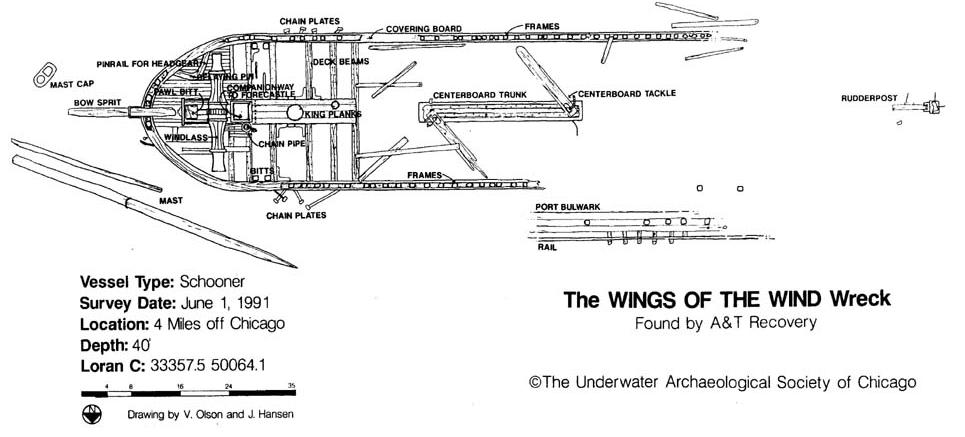As other have already pointed out, "true" scientific research is something quite different from those "research projects" organised by GUE and other entities.
I am an academic with a permanent position of full professor at the University of Parma, Italy.
When my research requires to perforn some activity underwater we must rely only on personnel doing it under contract or being employees of the University. Volunteers are not allowed, wathever their certification.
People taking part to our experimental campaigns must be highly qualified, usually with a PhD on topics related to the research project. I work on acoustics, so typical PhD is on Applied Physics (my one), Electronic Engineering, etc.
The diving certification is required and the activity must be limited to the certification limits, but the agency is not really relevant. What matters is that the activity is always conducted under strict direction by a responsible of safety.
Of course scientific divers are paid by the University, but here in Italy the wages are quite bad.
A post-doc is typically hired with a one-year contract ranging between 24000 and 30000 € all included, so the net income after tax, pension and insurance is almost half.
So, before becoming a true scientific diver you must get your PhD...
And be aware that most experiments are truly boring and fatiguing dives.
If instead you just want to dive for fun, in dummy research projects organised just for appearing to be doing something useful and serious, then you can join those "programs".
They will not pay you, they instead will ask you money...
I am an academic with a permanent position of full professor at the University of Parma, Italy.
When my research requires to perforn some activity underwater we must rely only on personnel doing it under contract or being employees of the University. Volunteers are not allowed, wathever their certification.
People taking part to our experimental campaigns must be highly qualified, usually with a PhD on topics related to the research project. I work on acoustics, so typical PhD is on Applied Physics (my one), Electronic Engineering, etc.
The diving certification is required and the activity must be limited to the certification limits, but the agency is not really relevant. What matters is that the activity is always conducted under strict direction by a responsible of safety.
Of course scientific divers are paid by the University, but here in Italy the wages are quite bad.
A post-doc is typically hired with a one-year contract ranging between 24000 and 30000 € all included, so the net income after tax, pension and insurance is almost half.
So, before becoming a true scientific diver you must get your PhD...
And be aware that most experiments are truly boring and fatiguing dives.
If instead you just want to dive for fun, in dummy research projects organised just for appearing to be doing something useful and serious, then you can join those "programs".
They will not pay you, they instead will ask you money...





